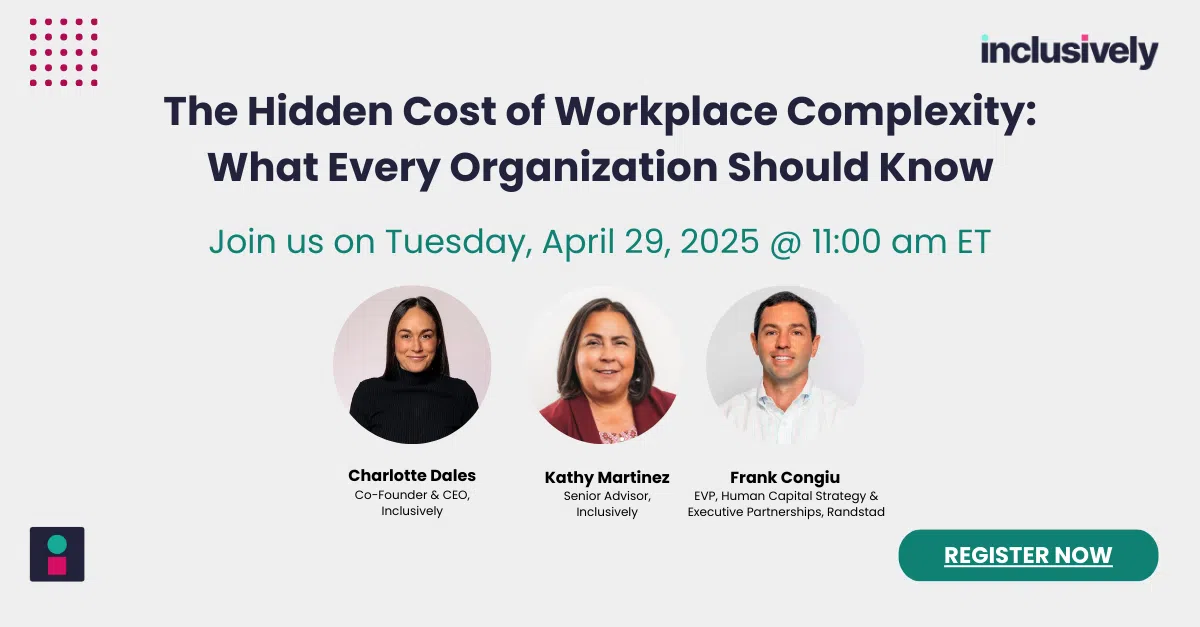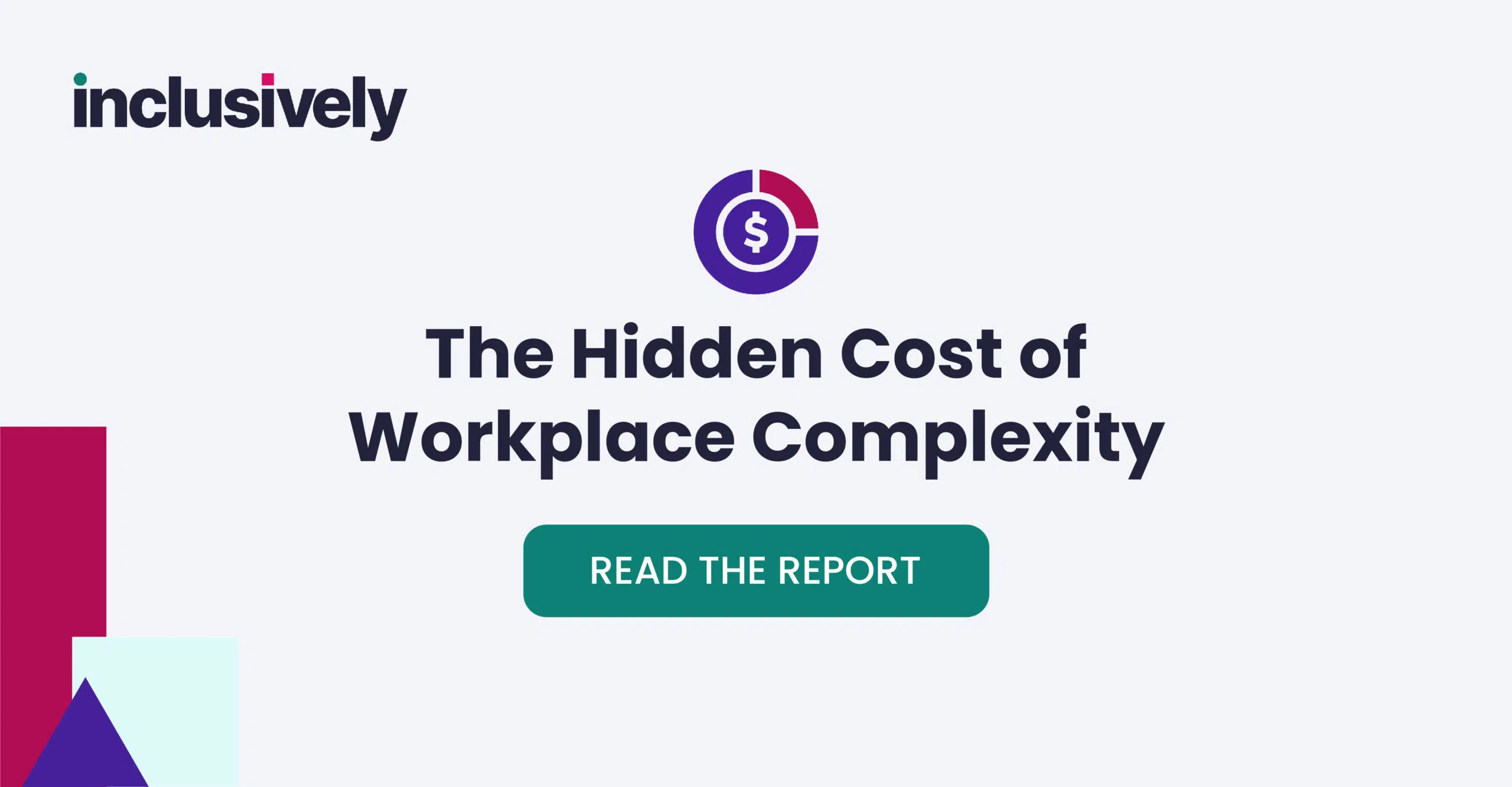Caregivers are unsung heroes, often working behind the scenes to support individuals with disabilities. Their role transcends mere assistance; caregivers bring hope, comfort, and a sense of normalcy to those they serve. Someone with a disability, whether physical or cognitive, requires specialized care tailored to their unique needs. This task demands a blend of both innate qualities and acquired skills.
As a caregiver, knowing the right way to assist, communicate, and empathize can make a profound difference in the quality of care provided. This article delves into the heart of caregiving, highlighting the pivotal skills and qualifications essential for this noble profession.
Understanding the Role of a Caregiver
The spectrum of disabilities is vast, ranging from physical disabilities like mobility challenges to cognitive and developmental disorders such as autism or Down syndrome. Each disability presents its own needs, requiring caregivers to be versatile, adaptive, and knowledgeable.
Typical responsibilities of a caregiver:
- Personal Care: Assisting with daily tasks like bathing, dressing, and grooming.
- Mobility Assistance: Helping individuals move around, whether transferring from a bed to a wheelchair or assisting with walking.
- Medication Management: Ensuring that medications are taken correctly and on time.
- Meal Preparation: Preparing nutritious meals catering to dietary restrictions or needs.
- Companionship: Providing emotional support, engaging in conversations, and participating in recreational activities together.
- Housekeeping: Keeping the living environment clean and safe, which might involve tasks like cleaning, doing laundry, or organizing.
- Transportation: Driving or accompanying the individual to appointments, shopping, or other outings.
Government Assistance Family Member as a Caregiver
Taking care of a family member with a disability is a beautiful act of love and devotion. You should know that government programs are ready to support you financially for your efforts. These programs provide compensation for helping your loved ones with everyday activities. Whether it’s personal care, handling their medication, cooking meals, cleaning, or otherwise, there’s aid available.
State Medicaid Programs
- If a disabled relative is on Medicaid, you might get paid for caregiving in some states.
- Different states run their own consumer-directed personal assistance programs, each having distinct requirements and rules.
- To find out eligibility and application steps, contact your state’s Medicaid office.
Long-term Care Insurance
Some long-term care insurance policies offer the perk of providing compensation to family members who provide caregiving services. It’s a good idea to contact your insurance agent if you want to understand the terms and conditions fully. Don’t hesitate to ask them for a written copy of your benefits so everything is clear.
Veterans Programs
Here are the two programs that help veterans and their families. Their focus is to improve home and personal care.
- The Veteran-Directed Home and Community-Based Services Program has a flexible budget. Veterans can use it to hire family members for daily help. They can also get support to understand the program better.
- The Aid and Attendance Benefits Program is another option. Vets and survivors who qualify can get monthly payments. They are extra to their usual VA pension. The purpose of these benefits is to make caregiving costs easier to manage. This includes the chance to hire a family member. To find out whether you are eligible and to learn more about these resources, you should contact the VA pension management center that’s local to you.
If you’re considering taking on the role of a paid caregiver for a family member, there are financial support avenues to explore. It’s really important to thoroughly understand each program’s particular requirements to ensure you navigate the process successfully. By looking closely at these options, you’ll be able to make well-informed decisions, which will help ensure you get the support you need to provide the best quality care to your family member with a disability.
Essential Skills for Caregivers
Essential skills encompass a spectrum of interpersonal and practical capabilities crucial for providing high-quality care to people with special needs. Empathy and compassion stand at the core, demanding caregivers to perform their duties and connect on a deeper level, ensuring that care recipients feel heard, understood, and valued.
Patience is equally paramount, as the role can involve navigating repetitive tasks and challenging behaviors without showing frustration. Caregivers often need to repeat information, wait patiently for responses, and calmly manage unexpected situations, all while maintaining a supportive environment.
Communication skills are indispensable, especially in conveying care plans clearly and responding to non-verbal cues. This may involve simplifying explanations or creating a dialogue that accommodates the unique communicative abilities of each individual, ensuring they are not only informed but also actively engaged in their care process.
Problem-solving is routinely tapped as caregivers adapt to the varied and evolving needs of those they support. Effective caregivers are adept at thinking on their feet, from improvising new strategies for comfort and care to quickly adjusting plans due to unforeseen circumstances.
Lastly, physical stamina and endurance are essential, given caregiving tasks’ often physically demanding nature. This includes assisting with mobility, transferring from wheelchairs to beds, and sometimes managing physically challenging behaviors. Maintaining one’s physical health is, therefore, a vital aspect of being a capable and reliable caregiver.
Qualifications and Training
Caregiving for adults with disabilities is a role that demands both a strong skill set and specialized knowledge. Formal education in social work, nursing, or psychology can be incredibly beneficial, providing a foundation of understanding that can be applied in practical caregiving situations. Certifications in areas like first aid, CPR, and disability support not only enhance a caregiver’s qualifications but also ensure a higher standard of care.
On-the-job training is equally crucial, as it offers caregivers hands-on experience under the guidance of seasoned professionals. This kind of training can help new caregivers develop a deeper understanding of the day-to-day challenges and the nuances of providing personalized care.
Moreover, caregivers often benefit from specialized training tailored to the specific disabilities or care needs of the individuals they support. Such training can include learning sign language for communicating or understanding mobility assistance techniques for those with physical disabilities.
Continuing education is key in a field that is constantly evolving. Caregivers should stay informed about the latest caregiving techniques and best practices to provide the best possible support to those in their care. This could involve attending workshops, participating in webinars, or even enrolling in refresher courses. Many organizations offer resources and opportunities for caregivers to continue their education, ensuring they remain at the forefront of caregiving practices.
Finding a Caregiver and What to Look For
If you’re looking for a caregiver for your family, it’s about exploring the right options and pinpointing the traits that make a perfect caregiver. Agencies dedicated to caregivers are a trustworthy choice, they have a handpicked range of proficient professionals with comprehensive background checks. Online platforms also give families a chance to look at caregiver profiles, making the selection process more personal. Moreover, local community resources like community centers and support groups can provide important recommendations and references.
When considering the qualities of a caregiver, empathy and compassion top the list. A caregiver who not only provides physical assistance but also understands and empathizes with the unique challenges the family member faces can bring immeasurable comfort. Experience and relevant training are crucial, especially for those with specific medical needs. A caregiver’s reliability and flexibility in adapting to changing schedules and unexpected situations are vital aspects that contribute to a successful caregiving relationship.
Conclusion
Therefore, caregivers for disabled adults have a noble and demanding job that needs unique and essential skills. These unsung heroes assist and bring hope, comfort, and normality they serve. Patience, empathy, effective communication, and problem-solving are critical skills in delivering quality care. This emphasizes that qualifications, ongoing training, and specialization are needed to address the varied needs of people with disabilities. This guide recognizes the importance of caregivers while offering crucial information to caregivers and those who need their help.



